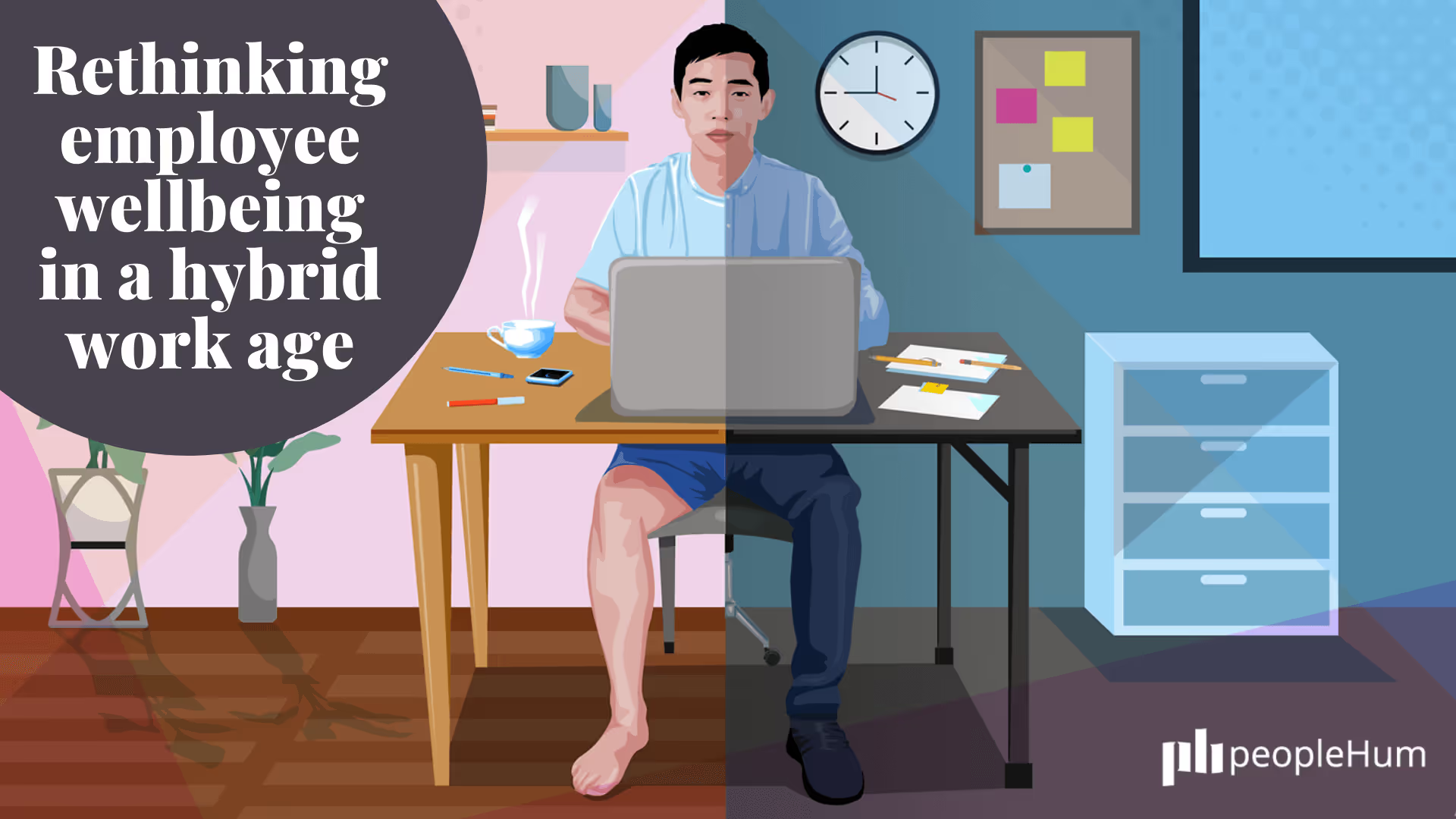Effectiveness is one's role has become a point of anxiety for many professionals with the need to bring the office home and work remotely for the foreseeable future. Having the remote workspace can mean the difference between being productive and being distracted. There are several things to consider when creating your home office space, which is why we have compiled a few tips to get you started and make the workday a little easier during these less than normal times. Here are 5 ways to create an effective remote workplace :
5 ways to create an effective remote workplace
1. Your Space
The most important part of creating an effective remote workspace is picking the right area of your home to dedicate just to work. It may be fun to work from the couch at first, but eventually, you may notice that your attention is drawn to the TV, your phone, or even kids running around. Work will start to feel like it just isn’t going as well as it once was.
If you have a spare room in your home, convert it into your office to give yourself a dedicated space for work where you feel efficient and driven. When you enter that room, your brain knows it is time to work, and when you leave, you know you are done for the day. Sometimes it can be difficult to separate work life and personal life when it is all happening in the same space, so it's important to make distinctions like this when you can. Try replicating your in-office workspace as much as possible. If you have two monitors at the office, try to have two monitors at home for maximum productivity. Things like this will help to lessen the time it takes to fully adjust when switching from office to remote life.
Sticking to a similar schedule will also help. Wake up at the same time as you would when going into the office, and stick to your routine. Use your original commute time to get your remote workspace ready for the day, set goals, or just have a few moments of personal time before hopping into a day full of virtual meetings. Your morning routine sets the tone for the workday, and during these stressful times, it’s important to bring a sense of normalcy with a few adjustments that help find calm.

2. Stay Connected
It is easy to feel a disconnect between yourself and your coworkers when working as a remote team. Now more than ever, staying connected is of utmost importance, especially for leaders in the organization. There are a number of tools that can assist in team-wide communication, so do your research and consider investing in the tools listed below:
3. Communication Tools
With in-person meetings not being an option, working via video conferencing is the best way to get things done without losing viable face-to-face interaction. It’s an effective method of staying in touch with clients and team members on a regular basis. Systems such as Zoom allow you to schedule secure meetings with individuals within the company, or with your clients. It can be easily integrated into Google Calendar invites and has the capability to host a large group of people all at one time. There is also software like Financial Cents that allows you to improve team collaboration and improve clients relationship, which is suitable for remote finance teams or remote accounting teams.
Having a hub where you can also chat with everyone on a regular basis is another way to stay connected with your colleagues. Some information regarding timely tasks may not require a video call, but also need a quicker response than an email. Incorporating a communication platform like Slack, where you can have real-time conversations and create different channels for larger teams, helps to organize communication and ensures quick response and feedback.
Moreover, businesses can also adopt an MDM Software wherein they can achieve a secure, seamless, and centralized communication suite as an additional feature that can be integrated alternatively by the organizations to procure chat-based communication, calling, and broadcast messaging.
4. HR Tools
For a more comprehensive digital tool that helps improve engagement and open communication company-wide, consider investing in a human resource platform that will create more transparency and accessibility for effective remote workspace workers. These tools allow for maximum organization, increasing overall productivity, transparency, and efficiency. You can even track things such as employee recognition and goal setting, as well as manage your hiring process to find fit to hire candidates when the opportunity arises.
5. Freedom
Studies have found that remote workspace gives an employees an opportunity to work remotely leads to a happier workforce and provides them with a chance to create their most suitable work environment. Trusting your employees and giving them freedom can also lead to more effectiveness in their role by promoting better work-life balance. Some may need to move closer to their families in another state or need to find a new home and relocate to accommodate a loved one's dream career. Knowing that they are still able to keep their current job and continue to grow with their company allows individuals to feel confident in big decisions that impact both their personal and professional lives.




































.avif)













